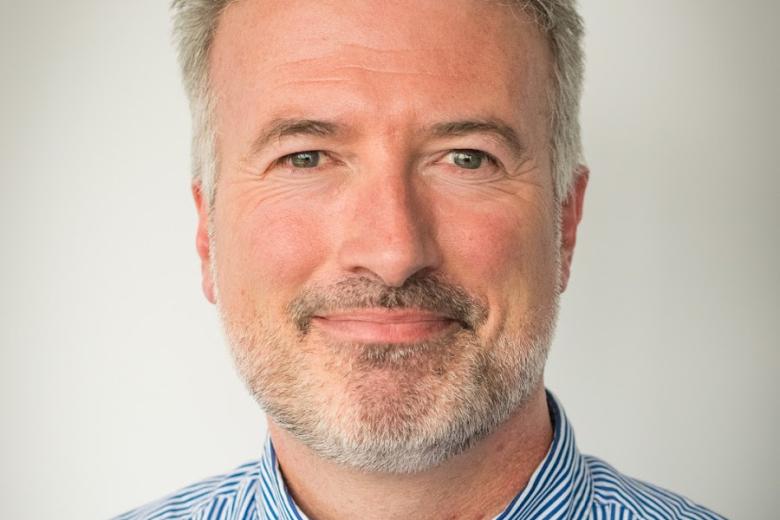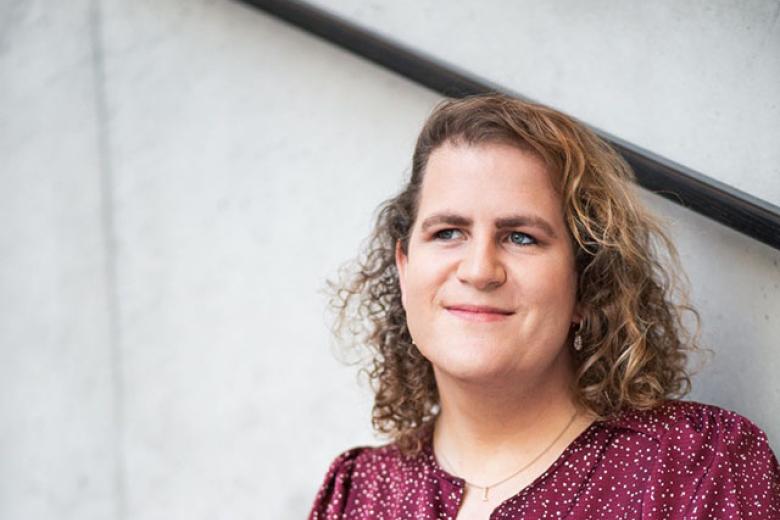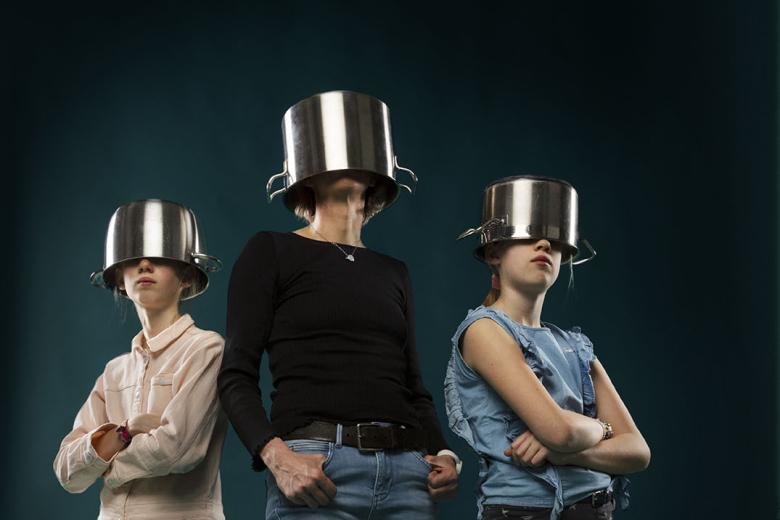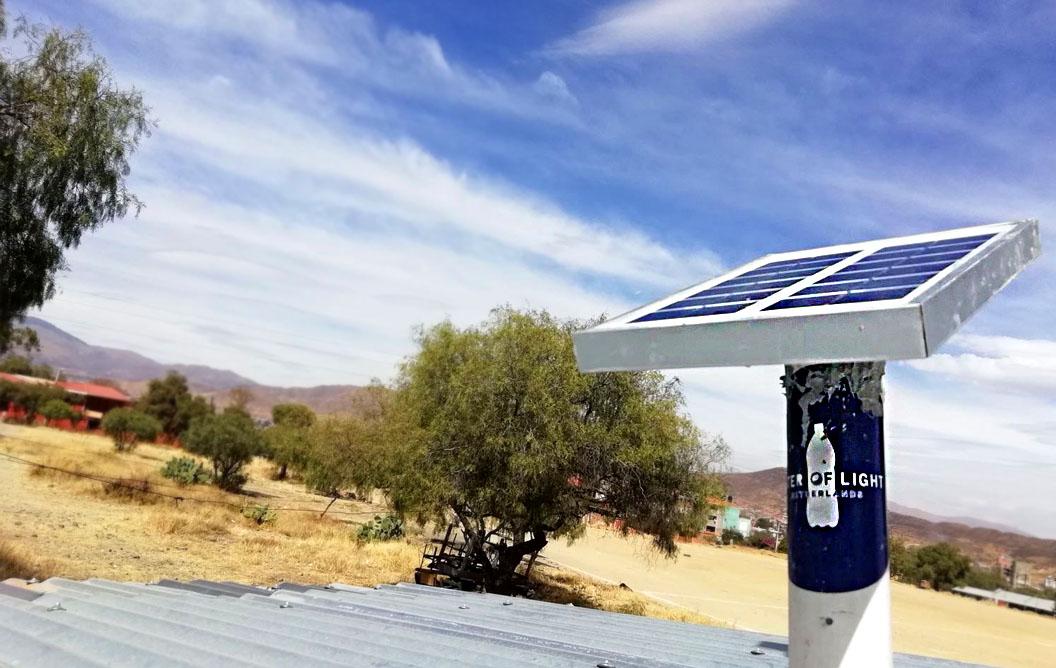Liter of Light: spreading light worldwide
A global student organisation with a Maastricht branch is ‘Liter of Light’. The aim is to help people in poorer parts of the world to create light sources using plastic waste, in homes and businesses or in the street. Around 350,000 solar and LED lamps have been made using plastic bottles in 15 different countries. ‘A lot of people have no access to light and electricity, and this has a big impact on their social lives,’ says Bianca Seelge Rosario, a second-year Psychology student and chair of Liter of Light Maastricht. ‘Children can’t do their homework in the evening because there isn’t enough light, for example, and people don’t dare to go out on the streets at night.’
Street lamps for Kenya
Once a week, around ten students in Liter of Light Maastricht get together to come up with fundraising ideas. The main aim is to raise awareness and generate money. Via the international branches, the money is then channelled straight to poor neighbourhoods where volunteers teach residents to make sustainable light sources using waste materials. ‘This year we helped to produce 50 lamps for houses in Bolivia, and next year we’re going to help realise street lamps in Kenya. And we’re talking to an IT expert from Maastricht to see if we can also connect WiFi equipment to street lights so that schools can use intranet, for example.’ By concentrating on teaching women how to make the lamps, the organisation also contributes to women’s empowerment.
Also read
-
Empowering Smallholder Farmers in the Data Economy: Unlocking Opportunities and Overcoming Obstacles
Frederik Claasen, the head of policy at our partner organisation Solidaridad Network on the opportunities and obstacles facing smallholder farmers in their data ecosystems.

-
Soft landing in Vienna
After several rocky years, Maastricht University alum Lea Vink has found her feet in Vienna. Professionally, she is taking new steps at the crossroads of aviation and organisational psychology. And on a personal level, luck has smiled on her since her transition from man to woman.

-
The scientist, the chef and her passions
Anne Roefs was awarded a Vici grant of €1.5 million. The professor of Psychology and Neuroscience of Abnormal Eating, was tossing up between a career as a scientist or a top chef.

